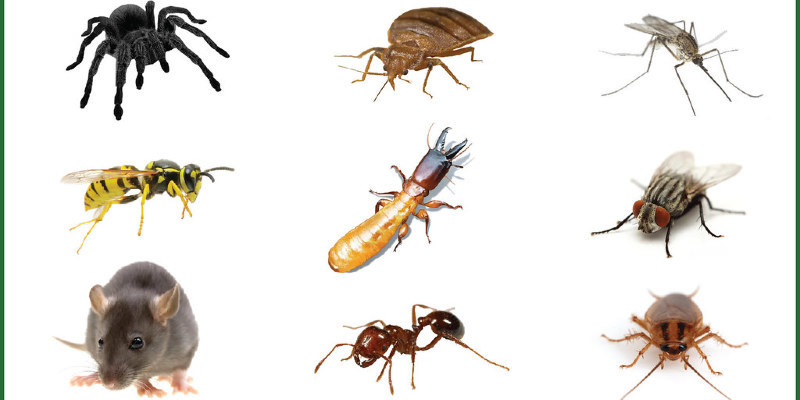Standard soap and water can look to be a harmless mix, but advantageous ladybugs might feel differently. The same ingredients common to family staples fortify pesticides known as insecticidal soaps. Whether you are recycling soapy household graywater or pick-up pest-fighting garden treatments, some combinations may be harmful to ladybugs — and gardens. The risks depend on soap types, ladybug life periods along with your garden’s conditions.
Soaps and Insecticides
Soaps are active elements in several effective insecticides. Gardeners frequently turn to insecticidal soaps to fight common garden insects. Soaps battle insects in a variety of ways, but they rely on direct contact with their objective. Most insecticidal soaps kill soft-bodied insects simply by dissolving their delicate outer membrane. However, some soap-based insecticides attack the bug’s nervous system rather. Commercial insecticidal soaps are generally considered safe for adult ladybugs, however, the strength of family water and homemade options varies broadly. Soapy graywater featuring laundry detergents or household cleaning residue can strip leaf and damage garden plants. These soapy unknowns may harm ladybugs when regular insecticidal soaps would not.
Ladybug Life Cycle
Adult ladybugs are easy to recognize with their black-spotted, shells that are crocheted. But ladybugs are not born with that protective beetle covering. Before they reach this stage, ladybugs hatch from eggs and also pass through larval and pupal periods. Soft-bodied ladybug larvae are especially vulnerable to soapy family water and insecticidal soaps. Often mistaken for dangerous insects, the orange and black larvae are often described as looking like miniature alligators. Harsh soapy solutions may injure ladybugs at all life stages, but also gentle, common soap goods kill beneficial ladybug larvae as certainly as they kill dangerous soft-bodied insects.
Ladybug Benefits
Ladybugs specialize in eating aphids. Both adult ladybugs and their larvae have voracious appetites for aphids. Young larvae kill aphids by piercing and sucking the pest’s bodily fluids, while adults chew and devour the entire aphid. Ladybug larvae and adults get into curled leaves and other aphid hiding areas where insecticidal soaps can not reach, but they simply stick around where there is food. Adult ladybugs eat 50 or more aphids every day, and a few species feed on aphids exclusively. If soapy water is used to kill aphids, deliberately or accidentally, even unharmed adult ladybugs move on to their next meal.
Graywater Garden Safety
Use family graywater responsibly and wisely. Never use graywater from any supply on root crops or other garden edibles — ladybugs or maybe not — and never use soapy water on drought-stressed plants. For ornamental plants, just utilize wastewater from showers and clothes washers. Never recycle soapy water using food debris from kitchens or dishwashers. Common family soaps, detergents and shampoos can contain additives that injure plants. Powdered laundry detergents, in particular, have high salt levels that can harm plants and negatively impact garden dirt. Beneficial insects, such as ladybugs, may not fare well against them.
